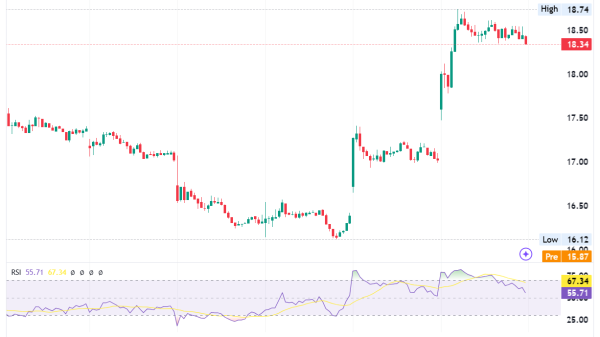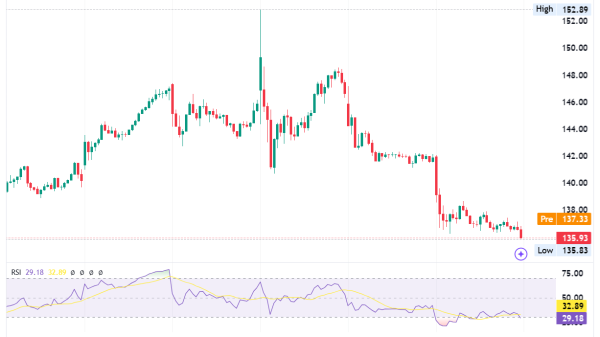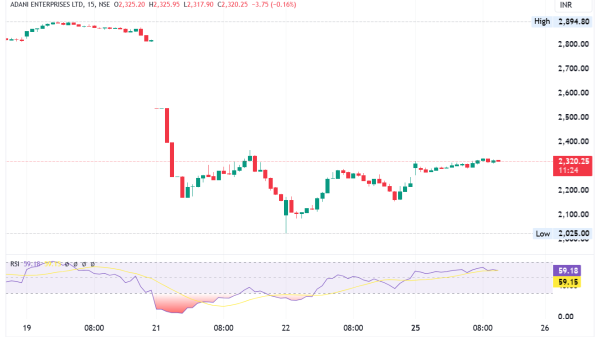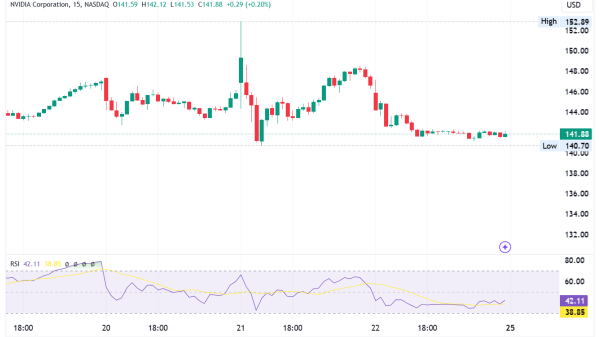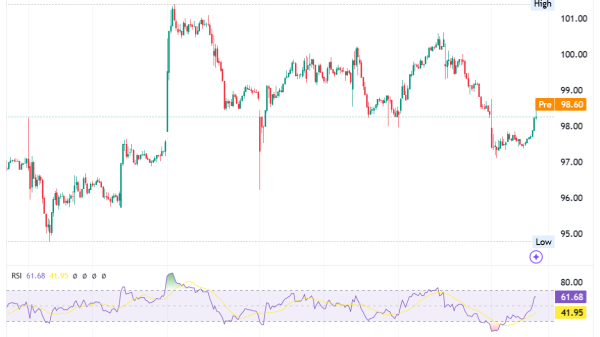
Investing.com — The Biden administration has proposed a new rule requiring Medicare and Medicaid to cover weight loss medications for patients treating obesity. Announced on Tuesday, the measure would significantly expand access to drugs like Wegovy, Ozempic, and Mounjaro.
Shares of developers of these drugs, Eli Lilly (NYSE:LLY) and Novo Nordisk (NYSE:NVO), rose 1.5% and 1.8% in premarket trading, respectively.
Currently, Medicare and Medicaid only cover these medications when prescribed for conditions such as diabetes. The proposed change would lower out-of-pocket costs dramatically, as a month’s supply of these medications can currently exceed $1,000, according to a White House official.
The research found disparities in access to weight loss drugs. Data from health analytics firm PurpleLab shows that 85% of semaglutide prescriptions, the active ingredient in Wegovy and Ozempic, were filled by white patients in 2023. Without insurance coverage, the high cost of these drugs poses a significant barrier for low- and middle-income individuals.
Broadening coverage for patients on Medicare and Medicaid could help reduce certain disparities.
“Our Medicare and Medicaid populations are some of the most at-risk and they do not have access to any anti-obesity medication,” Dr. Laure DeMattia, a bariatric medicine specialist in Norman, Oklahoma, told NBC News earlier this year.
Obesity affects over 40% of Americans and is classified as a chronic disease that increases the risk of heart disease, diabetes, stroke, breathing problems, and certain cancers, according to the CDC. If enacted, the rule would expand access to 3.4 million Medicare beneficiaries and an additional 4 million Medicaid enrollees, according to the White House.
Weight loss drugs like Wegovy are injectable treatments containing semaglutide, a compound that mimics GLP-1, a hormone that regulates blood sugar, metabolism, and appetite.
Drugmakers are developing more GLP-1-based treatments, investigating their broader health benefits, including reducing alcohol consumption and sleep apnea.
This expansion could reshape treatment options for millions while addressing health disparities and the economic barriers to managing obesity.











